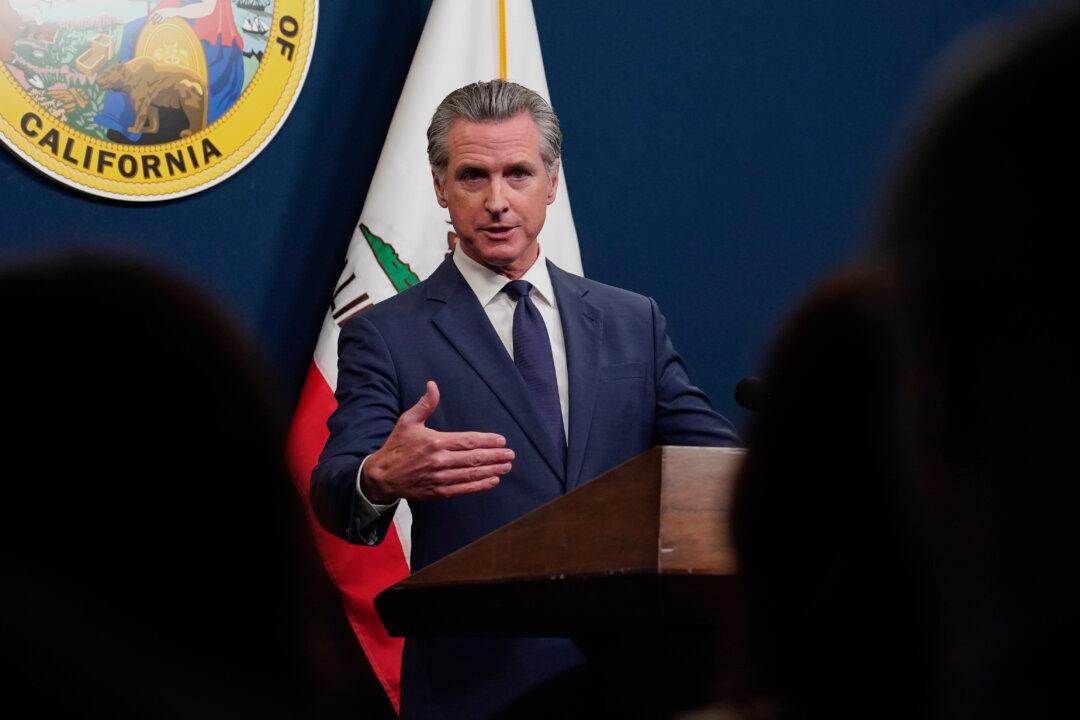California Gov. Gavin Newsom on May 14 laid out the revised budget for the 2025–2026 fiscal year, compensating for a $12 billion deficit.
During his speech, Newsom said the state anticipates $16 billion in tax revenue losses largely as a result of President Donald Trump’s policies—including tariffs—which he said are attacking California’s “growth engines” and have “created a climate of deep uncertainty.”





